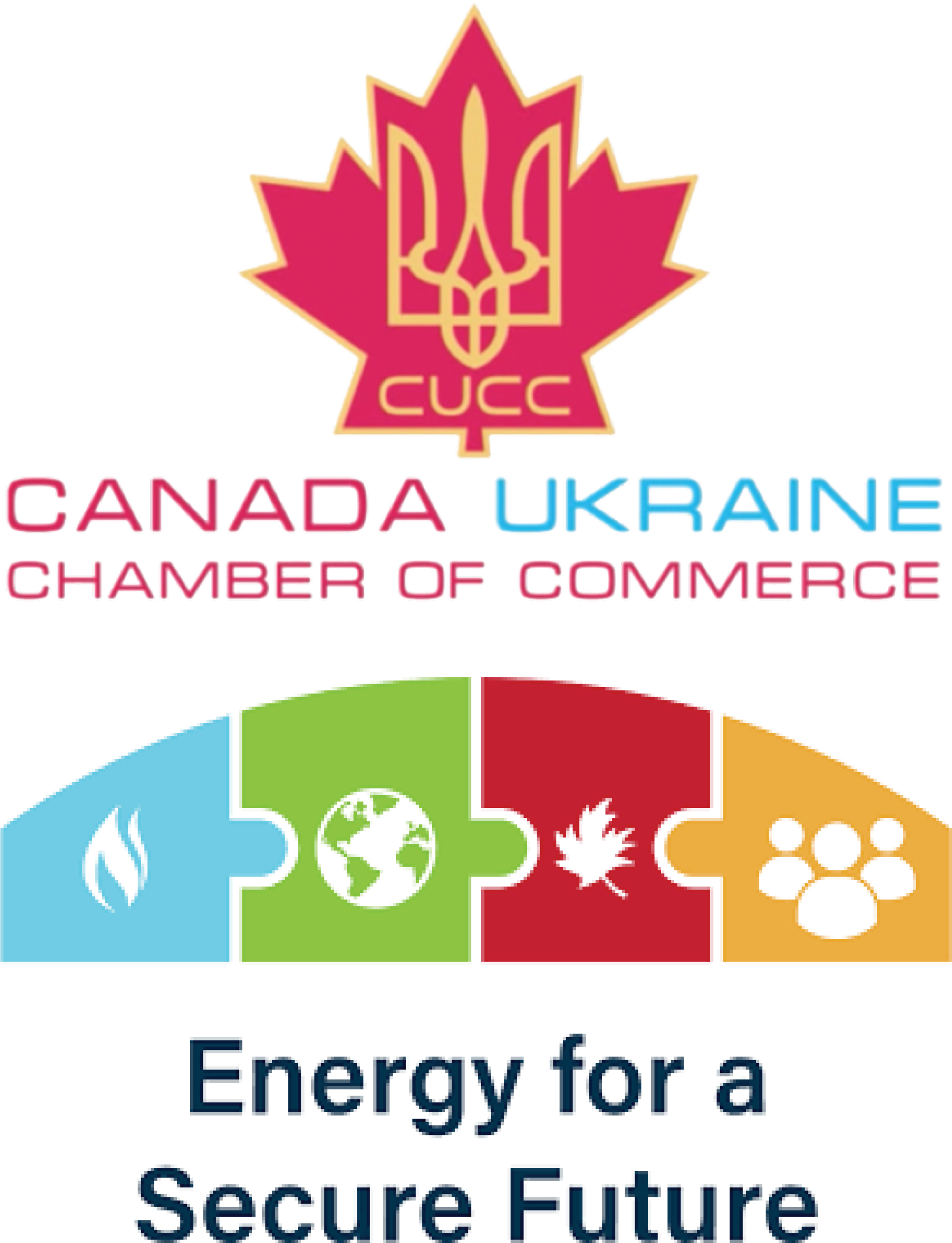We are back with our three part article on estate planning. Last week we looked at the things you need to inventory in order to get started on your estate planning. This week, in Part 2, we are going to look at figuring out what you want to do with it all.
Define your goals
You need to define your personal and financial goals for such a time that you will pass away or become incapacitated and no longer competent to manage your own affairs. To help you define these goals, you need to ask yourself questions such as:
– Who will take care of my children and with what funds?
– Who will take charge of my assets?
– Who will make medical decisions for me if I am incapacitated?
– Who are to be my beneficiaries and what do I want to leave to each of them?
– Should some or all of the inheritance be held in trust?
– If a beneficiary dies before I do, what happens to their share of the inheritance?
Once you know the answers to these questions, you can begin drawing up instructions for your executors. Most people immediately think of a will. And this is indeed one of the most common and important documents associated with estate planning. With professional assistance you can develop, refine and implement the right combination of estate planning solutions that meet your unique needs. The Will allows you to do several things including naming an Executor, identifying beneficiaries, designating how the assets are distributed, and appointing a guardian(s) if needed.
The Executor (also known as an Estate Trustee in Ontario) of your will is the person (or persons) who will look after settling your estate. This can be a highly demanding and often time-consuming task, so you want to appoint a trustworthy person who you think is up to doing the task. Even relatively simple estates can take from 12 to 18 to settle. If there are complications, or worse, legal disputes, it can take much, much longer. Of course, since you are taking the route of building a good estate plan ahead of time, you are making it more likely that your executor will have a smoother path to travel.
An Executor will have to make a lot of decisions about real estate, taxes, investments, and other things. The executor will also work with various agents such as the estate management and wealth management professionals at Ukrainian Credit Union or other financial institutions, trust professionals such as Concentra Trust, lawyers, and accountants. These professionals provide valuable assistance to administrate the estate, but the executor retains full legal liability for actions undertaken by those agents. Executors are entitled to charge a fee for their service and the estate also pays the fees and costs of the agents engaged by the executor to assist with the administration.
If you decide to name a family member or friend to be the trustee, you should make sure that they are willing to take on these responsibilities. You should also name an alternate in case the original trustee is unable or unwilling to carry out their responsibilities. The other option is to have UCU refer you to a professional which can end up being a more efficient and cost-effective solution. Having a professional and impartial executor or trustee helps ensure your estate and personal objectives will be met.
Identify your beneficiaries
Beneficiaries are the parties who will receive your estate assets. One of the primary reasons for preparing a Will is to choose who (either people or organizations) will be entitled to receive the assets from your estate. In most jurisdictions there is legislation that requires you to ensure that your spouse (legal, common-law or same-sex), dependant adult children and children under the age of majority are adequately cared for in the event of your death. Beneficiaries can also include extended family, friends or charitable organizations. It is your decision and one that should be thoughtfully considered.
Design the distribution
This is where you determine how and when you want the assets of your estate to be distributed. Your Will directs the executor to deal with the estate assets in one of two possible ways:
• as soon as the required estate administration has been completed (including the payment of debts and final clearance from the Canada Revenue Agency), release the assets to the beneficiaries; or
• transfer the cash or assets from the estate into a testamentary trust and hold, manage and invest the assets in the estate until a certain event occurs or for a specified period of time.
This is all the room we have for this week. Next week we will finish off the discussion by looking at testamentary trusts, guardianship, power of attorney and other topics for consideration.
To learn more, call me any time for more details.
Anna Procio,
Estate and Administration Officer
Ukrainian Credit Union Limited
416-763-5575 x200
[email protected]
www.ukrainiancu.com
Share on Social Media



































